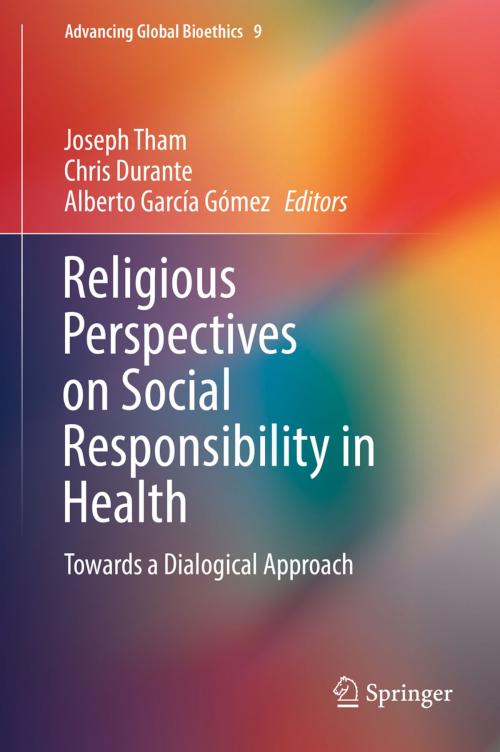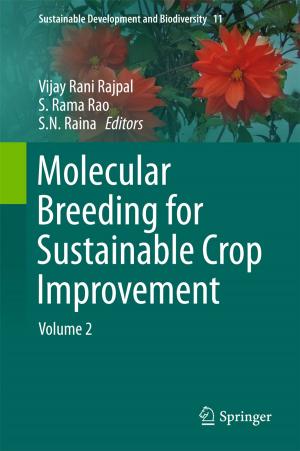Religious Perspectives on Social Responsibility in Health
Towards a Dialogical Approach
Nonfiction, Social & Cultural Studies, Social Science, Sociology, Marriage & Family, Religion & Spirituality, Philosophy, Ethics & Moral Philosophy, Science & Nature, Science| Author: | ISBN: | 9783319718491 | |
| Publisher: | Springer International Publishing | Publication: | April 26, 2018 |
| Imprint: | Springer | Language: | English |
| Author: | |
| ISBN: | 9783319718491 |
| Publisher: | Springer International Publishing |
| Publication: | April 26, 2018 |
| Imprint: | Springer |
| Language: | English |
This book discuss the meaning and implications of the social and ethical implications of the notion of social responsibility in healthcare in six major world religions — Buddhism, Christianity, Confucianism, Hinduism, Islam, & Judaism. This collection of papers is based on a four-day workshop where bioethics experts from various religious traditions gathered. They discussed the ways in which their respective traditions could, or could not, uphold the tenets of Article 14 of UNESCO's Universal Declaration of bioethics and Human Rights. The different papers presented in this book are based on this interchange of ideas at the workshop. The book explores the potential points of convergence among the various perspectives presented, as well as a discussion on the ways in which their moral differences may be managed. The managing of these moral differences through international socio-ethical mechanisms, contributes significantly to the UNESCO Universal Declaration of Bioethics and Human Rights’ goal of simultaneously respecting religio-cultural pluralism while upholding a commitment to human rights.
This book discuss the meaning and implications of the social and ethical implications of the notion of social responsibility in healthcare in six major world religions — Buddhism, Christianity, Confucianism, Hinduism, Islam, & Judaism. This collection of papers is based on a four-day workshop where bioethics experts from various religious traditions gathered. They discussed the ways in which their respective traditions could, or could not, uphold the tenets of Article 14 of UNESCO's Universal Declaration of bioethics and Human Rights. The different papers presented in this book are based on this interchange of ideas at the workshop. The book explores the potential points of convergence among the various perspectives presented, as well as a discussion on the ways in which their moral differences may be managed. The managing of these moral differences through international socio-ethical mechanisms, contributes significantly to the UNESCO Universal Declaration of Bioethics and Human Rights’ goal of simultaneously respecting religio-cultural pluralism while upholding a commitment to human rights.















